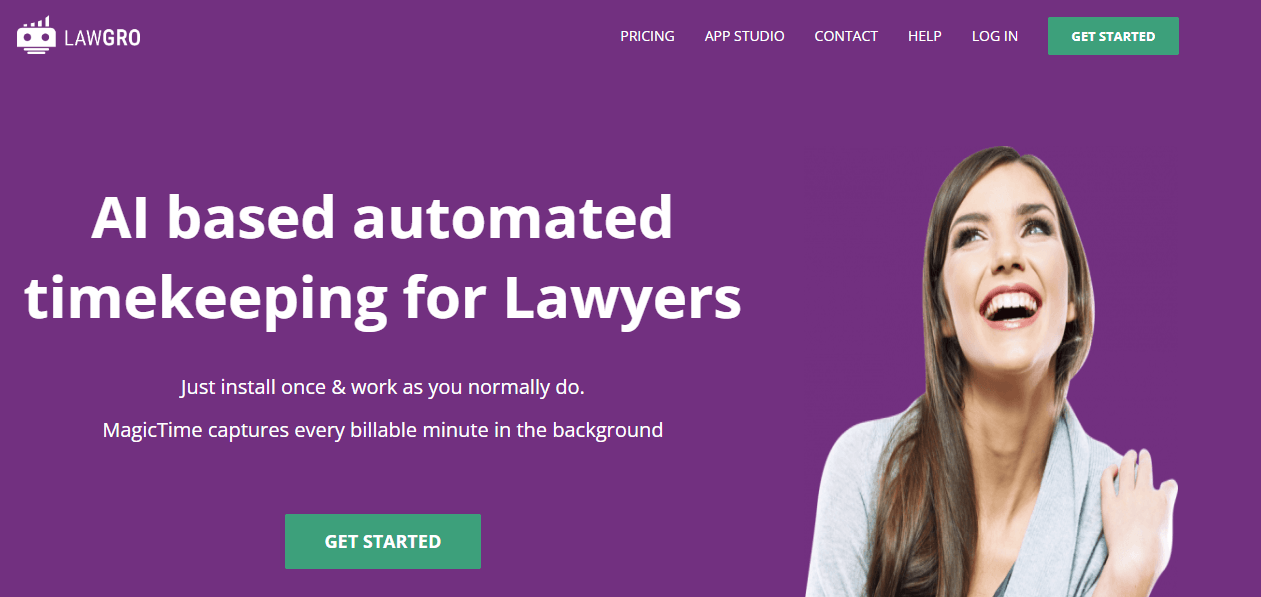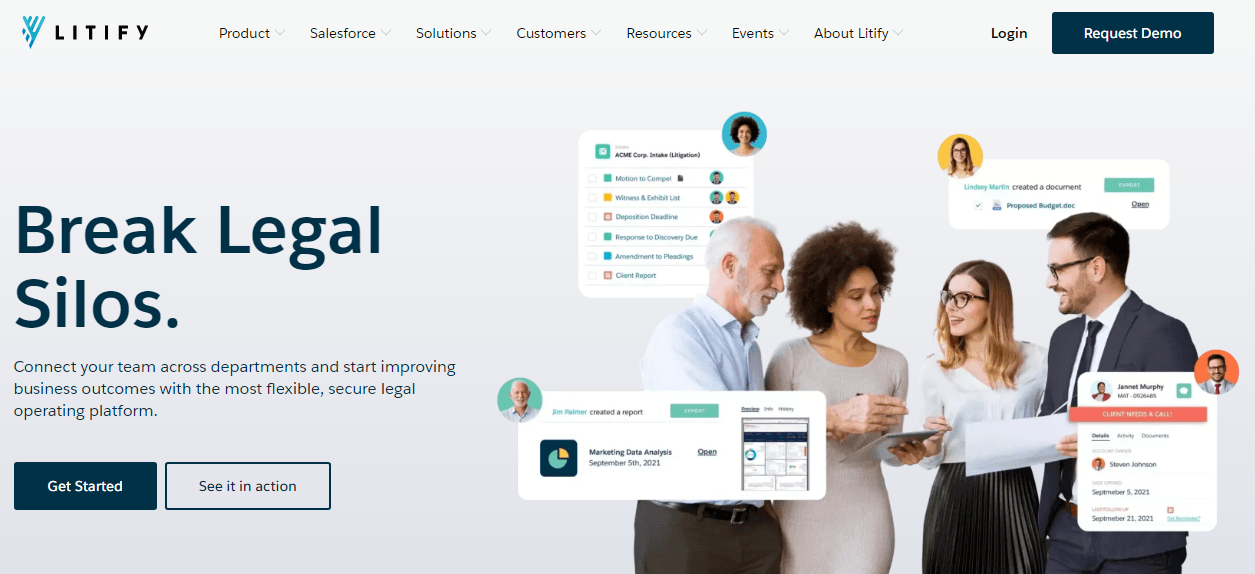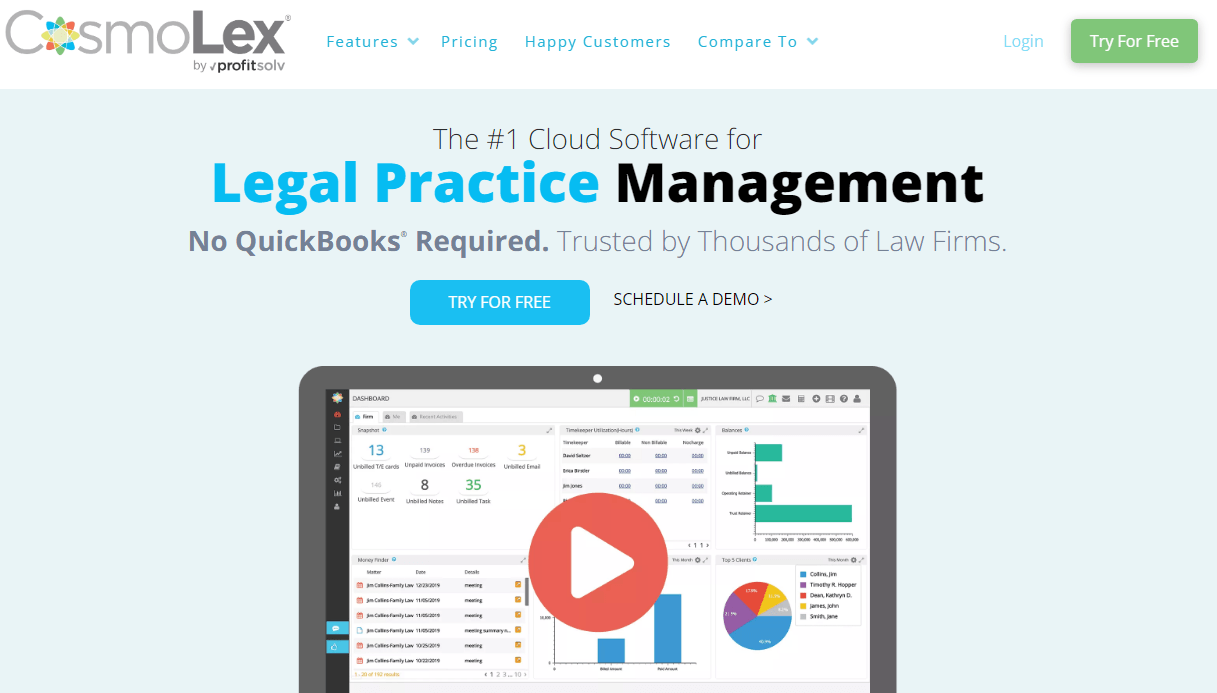Starting with the best CRM for law firms, this introductory paragraph aims to provide a captivating overview of the topic, highlighting the importance of selecting the right software for legal practices.
Exploring the features, considerations, and options available in CRM software specific to law firms, this discussion delves into the key aspects that make a CRM system ideal for the legal industry.
Understanding CRM for Law Firms
Customer Relationship Management (CRM) is a strategy used by law firms to manage and analyze their interactions with clients and potential clients. It involves the use of technology to organize, automate, and synchronize business processes, primarily sales activities, but also those for marketing, customer service, and technical support. In the context of law firms, CRM helps to streamline client communication, track case progress, and manage important deadlines efficiently.
Benefits of CRM Software for Law Firms, Best crm for law firms

CRM software offers numerous benefits to law firms, including improved client relationships, enhanced collaboration among team members, increased efficiency in managing cases, and better tracking of client communication. By centralizing client information and communication, law firms can provide more personalized services and improve client retention rates.
- Customization: Law firms need CRM software that can be tailored to their specific needs and workflows.
- Integration: Integration with other tools and software used by law firms is crucial for seamless operations.
- Security: Data security is paramount for law firms, so CRM systems must have robust security measures in place.
Factors to Consider When Choosing a CRM for Law Firms

When selecting a CRM system for a law firm, several factors need to be taken into account. Customization options, integration capabilities, and data security should be top priorities. Additionally, scalability is essential to accommodate the firm’s growth and evolving needs. Data analytics and reporting features are also crucial for gaining insights into client interactions and improving decision-making processes.
Top CRM Software Options for Law Firms

There are several CRM software options specifically designed for law firms, such as Clio, MyCase, and PracticePanther. These platforms offer features tailored to the legal industry, including case management, time tracking, and document management. Pricing models vary, with options for monthly subscriptions or one-time purchases. Support options, such as training resources and customer service, are also important considerations when choosing CRM software for a law firm.
Implementing CRM in a Law Firm
To successfully implement a CRM system in a law firm, careful planning and training are essential. Steps may include defining goals, selecting the right software, migrating data, and training staff on system usage. Common challenges during implementation include resistance to change, data migration issues, and lack of user adoption. Best practices for training staff on using CRM software effectively include providing hands-on training, offering ongoing support, and incentivizing usage to ensure successful implementation.
Summary: Best Crm For Law Firms
In conclusion, the discussion on the best CRM for law firms emphasizes the significance of implementing a CRM system tailored to the unique needs of legal practices, ensuring efficiency and success in client management.
FAQ Explained
What are the key features that make a CRM system ideal for law firms?
Some key features include client management, case tracking, document management, and integration with legal tools.
How important is scalability in a CRM system for law firms?
Scalability is crucial for law firms as they grow and need to handle increasing amounts of client data efficiently.
What are the common challenges faced during CRM implementation in law firms?
Common challenges include data migration issues, resistance from staff, and ensuring proper training for effective usage.
